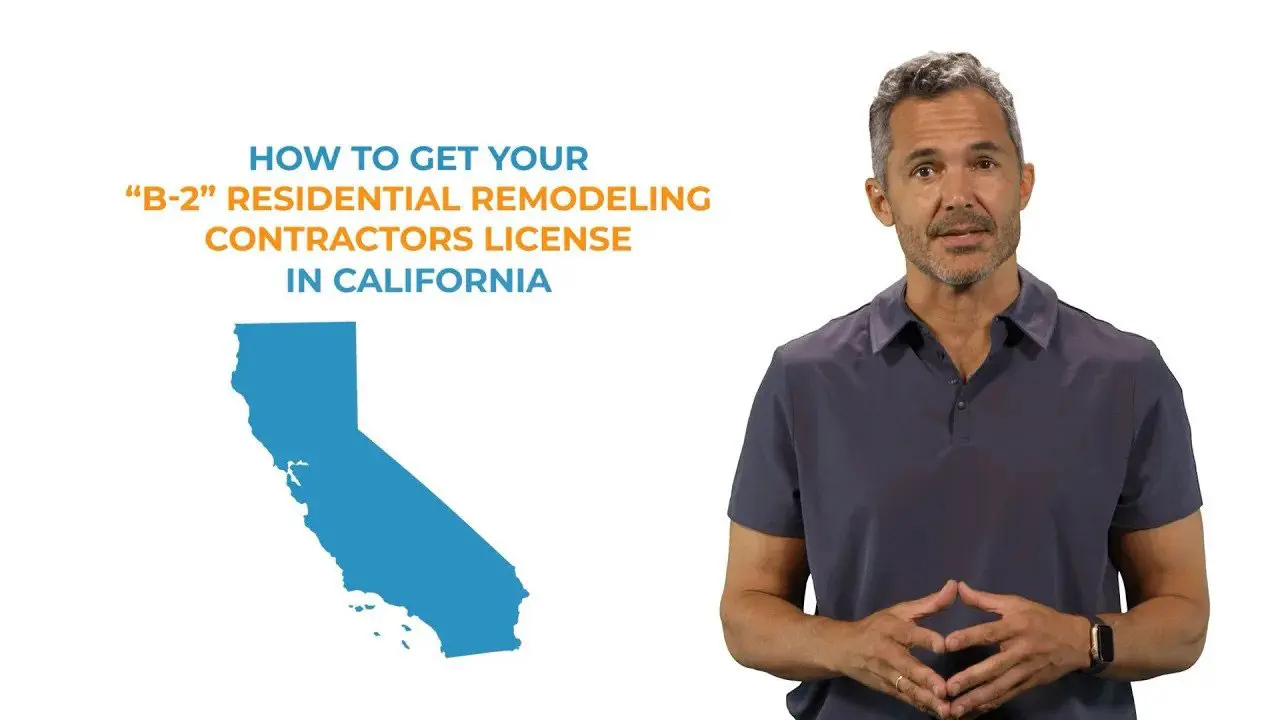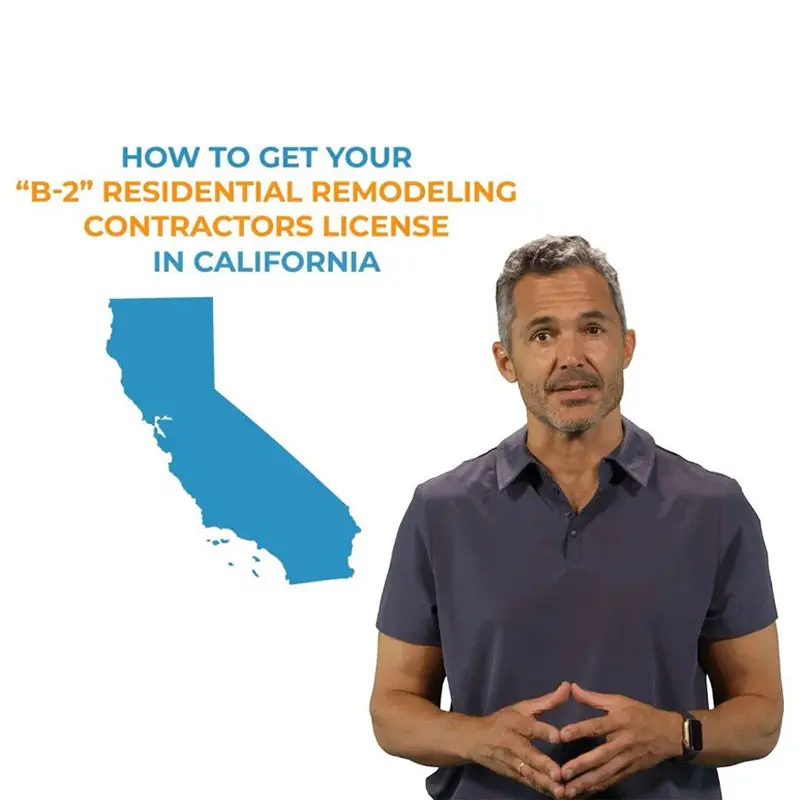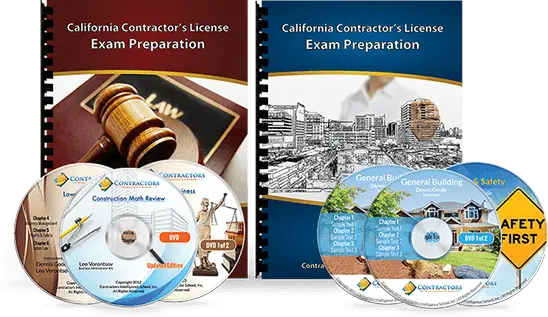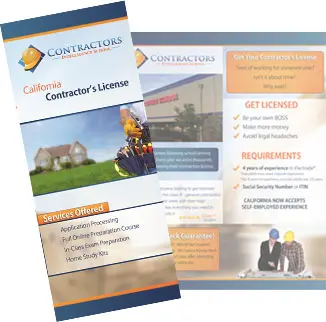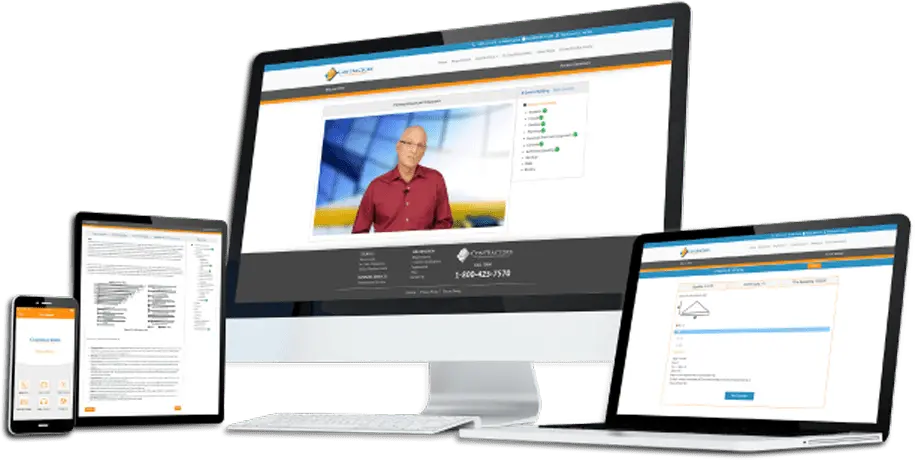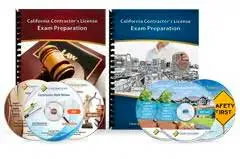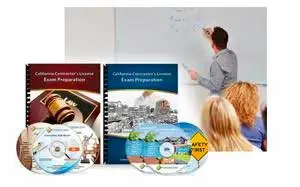The B-2 Residential Remodeling license in California is a classification issued by the California Contractors State License Board (CSLB) for contractors specializing in remodeling and renovation of existing residential buildings rather than new construction or major structural changes.
This license was introduced to bridge the gap between general contractors (Class B) and specialty contractors (Class C), allowing residential remodeling professionals to legally perform a broad range of home improvement tasks without the need for multiple specialty licenses.
Important: The California B-2 license does NOT allow structural modifications, new construction, or major trade work such as full-scale plumbing, electrical, or HVAC systems. If structural work is required, a B General Building Contractor License or a specialized C-class trade license may be needed.
As per CSLB classification, the B-2 license in California is for a contractor whose principal contracting business is in connection with any project to make improvements to, on, or in an existing residential wood frame structure, and the project requires the use of at least 3 unrelated building trades or crafts for a single contract.
California remodeling contractors may take a prime contract for trades or crafts, which may include but are not limited to, the following: drywall, finish carpentry, flooring, insulation, painting, plastering, roof repair, siding, and tiling. Furthermore, it includes:
A. Installing, repairing, or replacing electrical fixtures, such as dimmers, fans, lights, outlets, and switches.
B. Installing, repairing, or replacing plumbing fixtures, such as faucets, sinks, toilets, and tubs.
C. Installing, repairing, or replacing mechanical fixtures, such as air filters, air delivery and return grills, and preassembled exhaust fans.
A residential remodeling contractor shall NOT take a contract unless the contract includes three or more unrelated trades or crafts.
View Full Description
BUSINESS AND PROFESSIONS CODE - BPC
DIVISION 3. PROFESSIONS AND VOCATIONS GENERALLY [5000 - 9998.11]
CHAPTER 9. Contractors [7000 - 7191]
ARTICLE 4. Classifications [7055 - 7059.1]
7057.5. (a) A residential remodeling contractor is a contractor whose principal contracting business is in connection with any project to make improvements to, on, or in an existing residential wood frame structure, and the project requires the use of at least three unrelated building trades or crafts for a single contract.
(b) (1) A residential remodeling contractor may take a prime contract for trades or crafts which may include, but is not limited to, the following:
(A) Drywall.
(B) Finish carpentry.
(C) Flooring.
(D) Insulation.
(E) Painting.
(F) Plastering.
(G) Roof repair.
(H) Siding.
(I) Tiling.
(J) Installing, repairing, or replacing electrical fixtures, such as dimmers, fans, lights, outlets, and switches.
(K) Installing, repairing, or replacing plumbing fixtures, such as faucets, sinks, toilets, and tubs.
(L) Installing, repairing, or replacing mechanical fixtures, such as air filters, air delivery and return grills, and preassembled exhaust fans.
(2) A residential remodeling contractor shall not take a contract unless the contract includes three or more unrelated trades or crafts.
(3) Subject to the limit described in paragraph (2), a residential remodeling contractor may self-perform its contract or may subcontract any of the trades or crafts to appropriately licensed subcontractor or subcontractors.
(c) A residential remodeling contractor shall conduct its contracting activity in accordance with the following restrictions:
(1) A residential remodeling contractor shall not contract for a project that includes the following trades or crafts unless the contractor holds the appropriate license classification or subcontracts with an appropriately licensed contractor:
(A) C-16 Fire Protection.
(B) C-22 Asbestos Abatement.
(C) C-57 Well Drilling.
(2) A residential remodeling contractor shall not contract to make structural changes to load bearing portions of an existing structure, including, but not limited to, footings, foundations, load bearing walls, partitions, and roof structures.
(3) (A) The residential remodeling contractor shall not contract to install, replace, substantially alter, or extend electrical, mechanical, or plumbing systems or their component parts, or the mechanisms or devices that are part of those systems, unless the residential remodeling contractor holds the appropriate license classification or subcontracts with an appropriately licensed contractor.
(B) The residential remodeling contractor may contract to make minor alterations to existing electrical, mechanical, or plumbing systems to effectuate the purpose of installing, repairing, or replacing electrical, mechanical and plumbing fixtures, provided that the contract requires the use of at least three unrelated building trades or crafts.
(C) The board may adopt regulations to further define what activity constitutes the minor alterations described in subparagraph (B), and to further define the electrical, mechanical, or plumbing systems, or their component parts, or the mechanisms or devices that are part of those systems, that are subject to the restriction described in subparagraph (A).
(d) This contractor classification may be cited as the B-2 Residential Remodeling Contractor.
(Added by Stats. 2020, Ch. 364, Sec. 3. (SB 1189) Effective January 1, 2021.)


